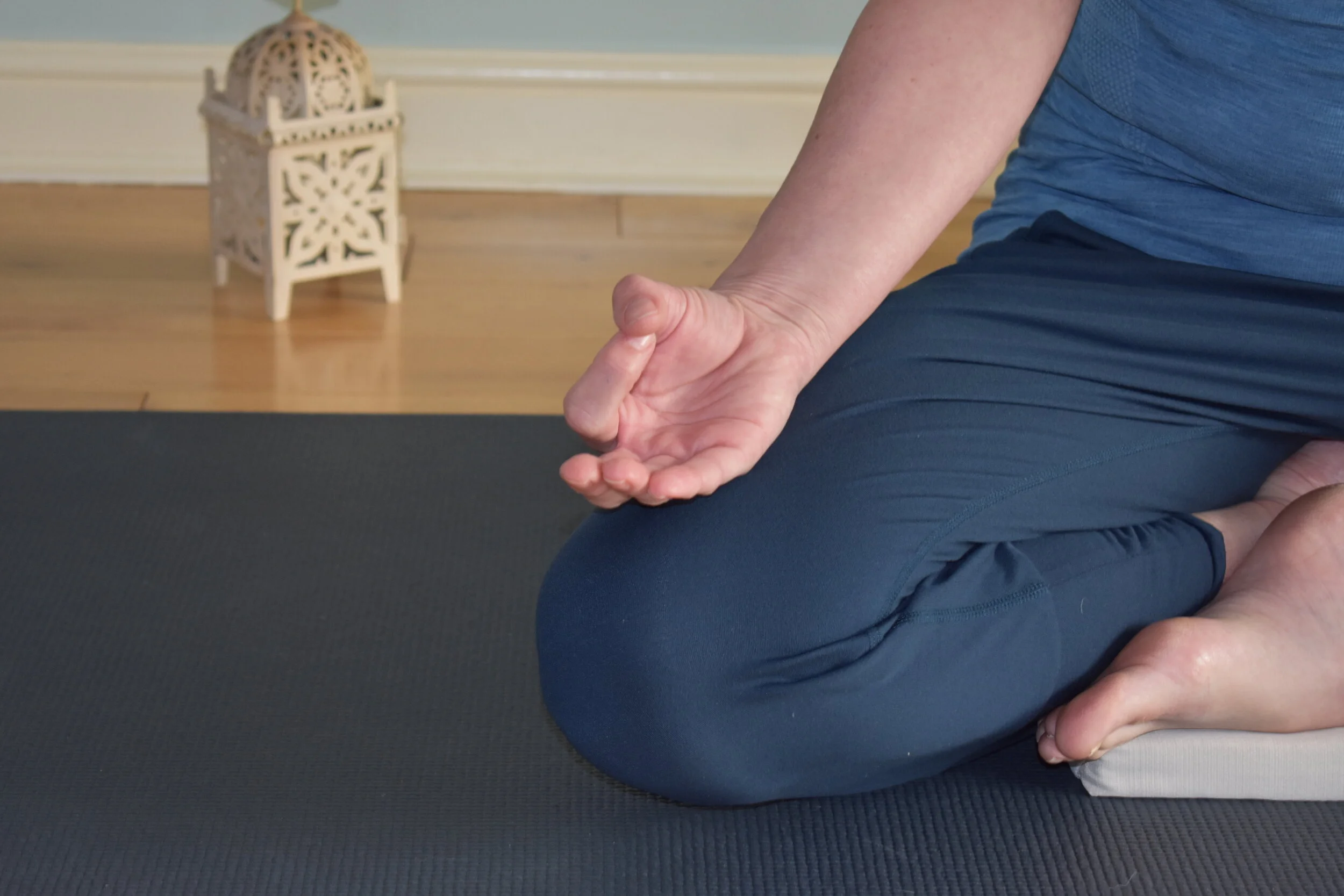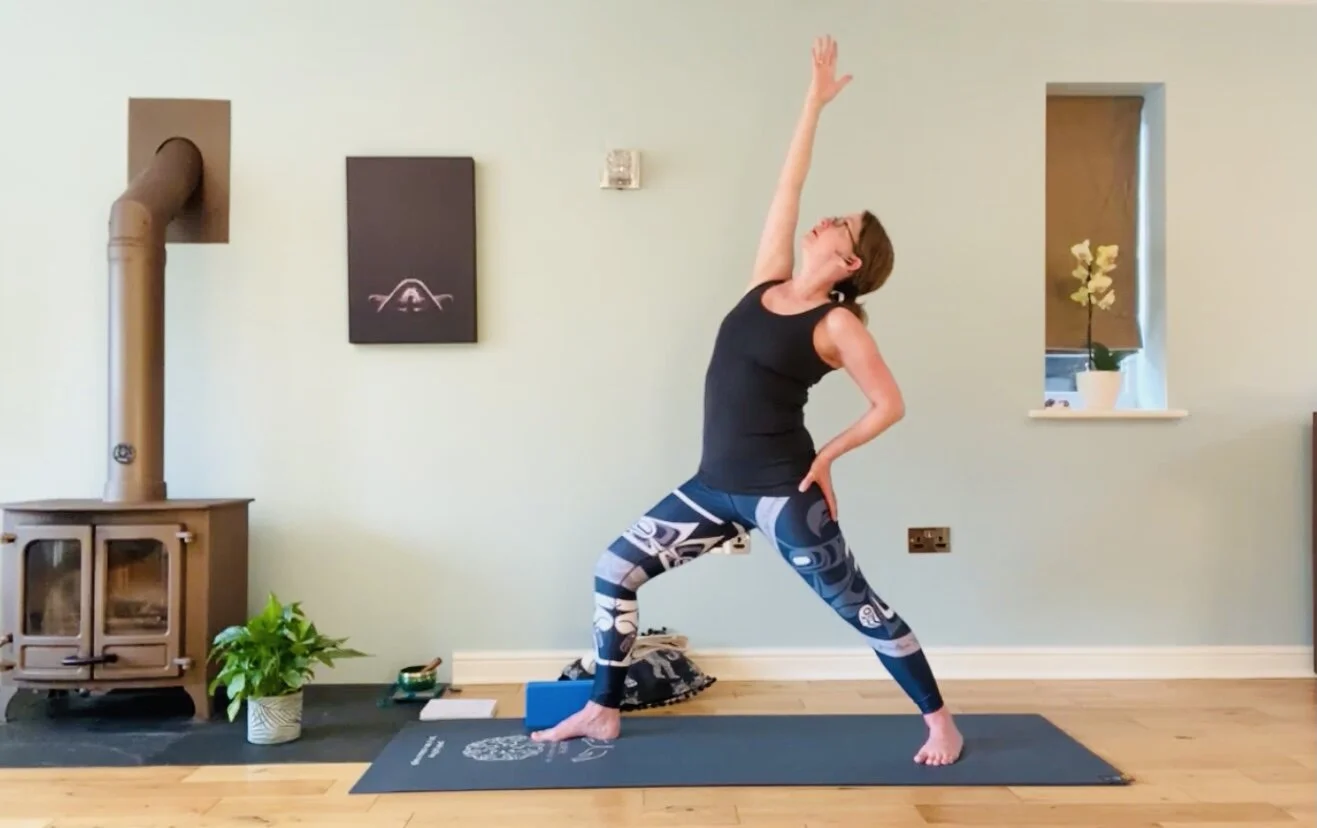Winter Wellbeing Day - Nourish Body, Mind and Soul
Take a well deserved break from the daily pressures of life. Our Wellbeing Day will help to reduce stress, improve self-awareness, emotional balance, and deeper physical and spiritual well-being.
Join us for a restorative day of yoga, meditation, mindfulness, yoga nidra, and a guided woodland walk. This special event is designed to help you pause, reconnect, and replenish your energy in the heart of winter.
🌿 Event Details
Date: Saturday 31 January
Time: 10:00 – 16:00
Location: Summerhouse Yoga & Wellbeing, Horsham
Includes: Nutritious vegetarian lunch, light snacks. Expert led yoga, meditation and mindfulness. Nature woodland walk.
Price: £95
✨ Flow of the Day
Morning: Gentle yoga and meditation to awaken body and mind
Midday: Mindfulness practice followed by a nourishing vegetarian lunch
Afternoon: Deep rest with yoga nidra and a guided woodland walk
Closing: Reflection and grounding circle
🌸 Why Join?
Release stress and tension
Experience deep relaxation and renewal
Connect with nature and community
Nourish yourself with wholesome food and mindful practices
🍴 Practical Information
Price: £95
Booking: Reserve your place with a WhatsApp or email
What to bring: Yoga mat, blanket, comfortable clothing, walking shoes
🌟 Reserve Your Place
Spaces are limited. Gift yourself a day of wellbeing and renewal.
WhatsApp me on 07757602181 to reserve your space and pay.


